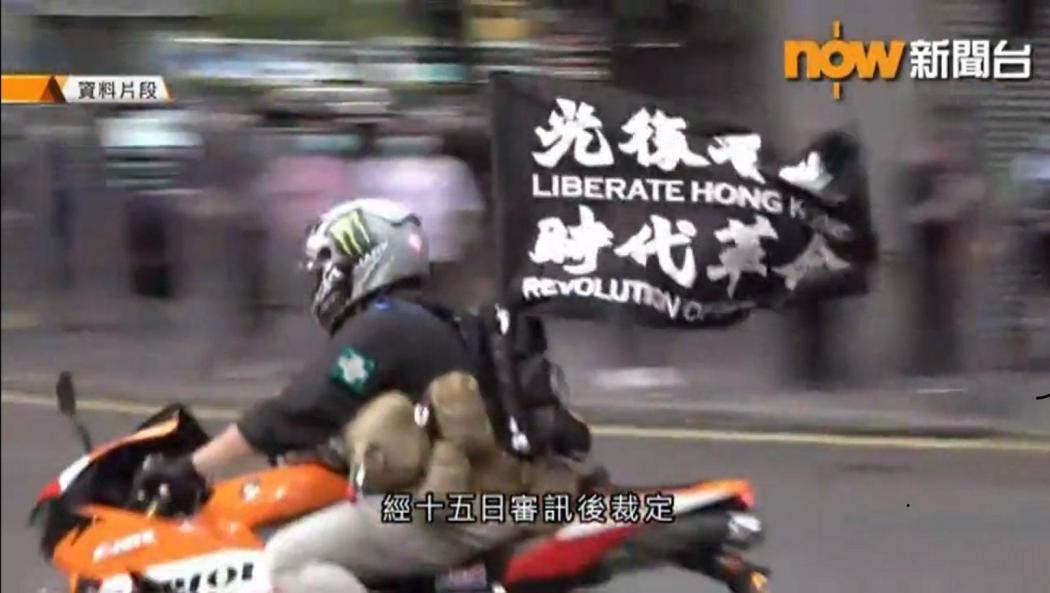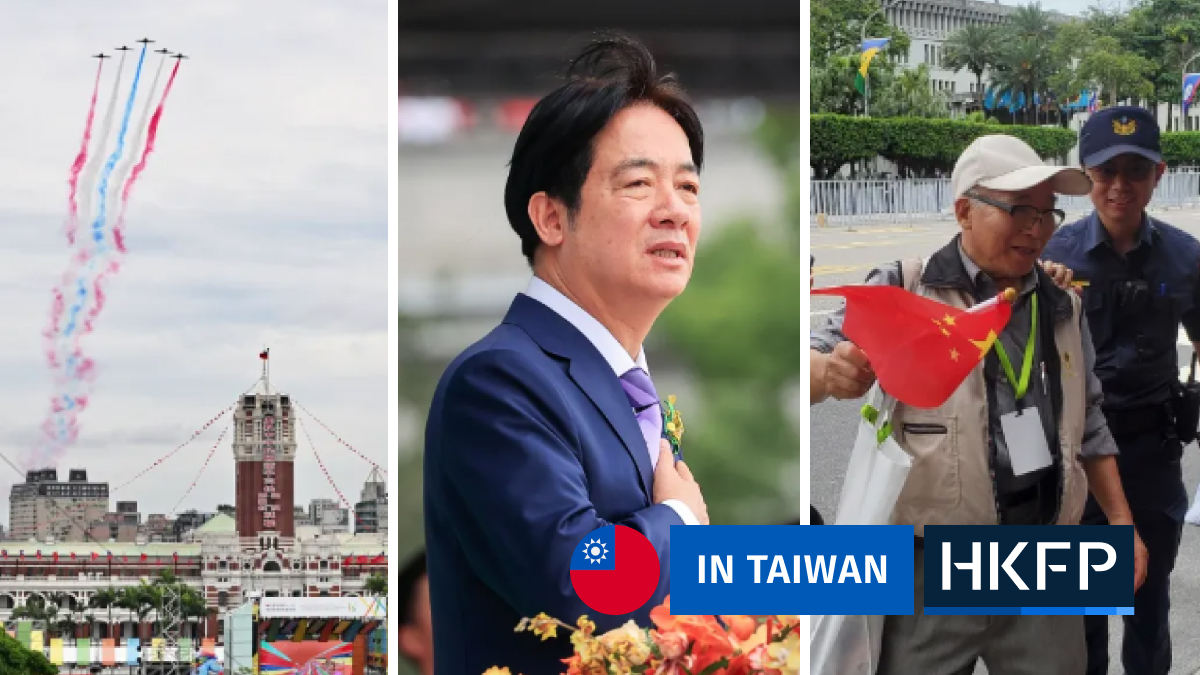Hong Kong activist Tong Ying-kit, who was the first person found guilty and sentenced under the Beijing-imposed national security law last month, has filed an appeal over his conviction and nine-year jail term.
According to local media reports on Tuesday, the 24-year-old submitted an appeal after he was jailed for committing incitement to secession and terrorist activities. However, no hearing date has been set for the appeal court to hear Tong’s application.

In a landmark trial overseen by High Court justices Esther Toh, Anthea Pang and Wilson Chan, Tong was said to have breached the sweeping security legislation by driving a motorcycle featuring a “Liberate Hong Kong, revolution of our times” flag into three policemen during a demonstration in Wan Chai on July 1, 2020.
The three judges, handpicked by Chief Executive Carrie Lam to handle national security cases, concluded that the eight-word slogan – improvised by former localist leader Edward Leung and popularised in the 2019 anti-extradition bill protests – was capable of carrying the meaning of separating the HKSAR from China. The case was heard without a jury.
The court said Tong’s act was “pre-planned” and involved “serious violence,” adding he had “seriously jeopardised public safety” by failing to stop at multiple police check lines.

In addition to locking Tong up for nine years, the three-judge panel imposed a 10-year disqualification order on the activist, which barred him from using a motorcycle during the period. The disqualification period will run concurrently with the term of imprisonment.
In June 2020, Beijing inserted national security legislation directly into Hong Kong’s mini-constitution – bypassing the local legislature – following a year of pro-democracy protests and unrest. It criminalised subversion, secession, collusion with foreign forces and terrorist acts, which were broadly defined to include disruption to transport and other infrastructure. The move gave police sweeping new powers, alarming democrats, civil society groups and trade partners, as such laws have been used broadly to silence and punish dissidents in China. However, the authorities say it has restored stability and peace to the city.
Support HKFP | Policies & Ethics | Error/typo? | Contact Us | Newsletter | Transparency & Annual Report | Apps
Help safeguard press freedom & keep HKFP free for all readers by supporting our team

LATEST FROM HKFP
HKFP has an impartial stance, transparent funding, and balanced coverage guided by an Ethics Code and Corrections Policy.
Support press freedom & help us surpass 1,000 monthly Patrons: 100% independent, governed by an ethics code & not-for-profit.










